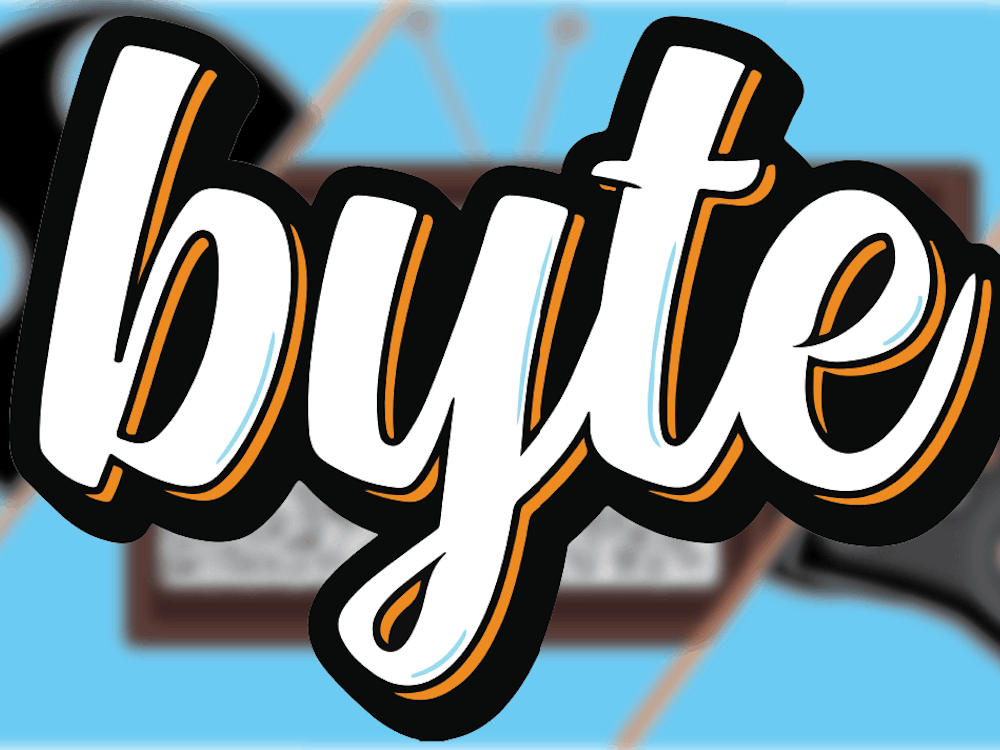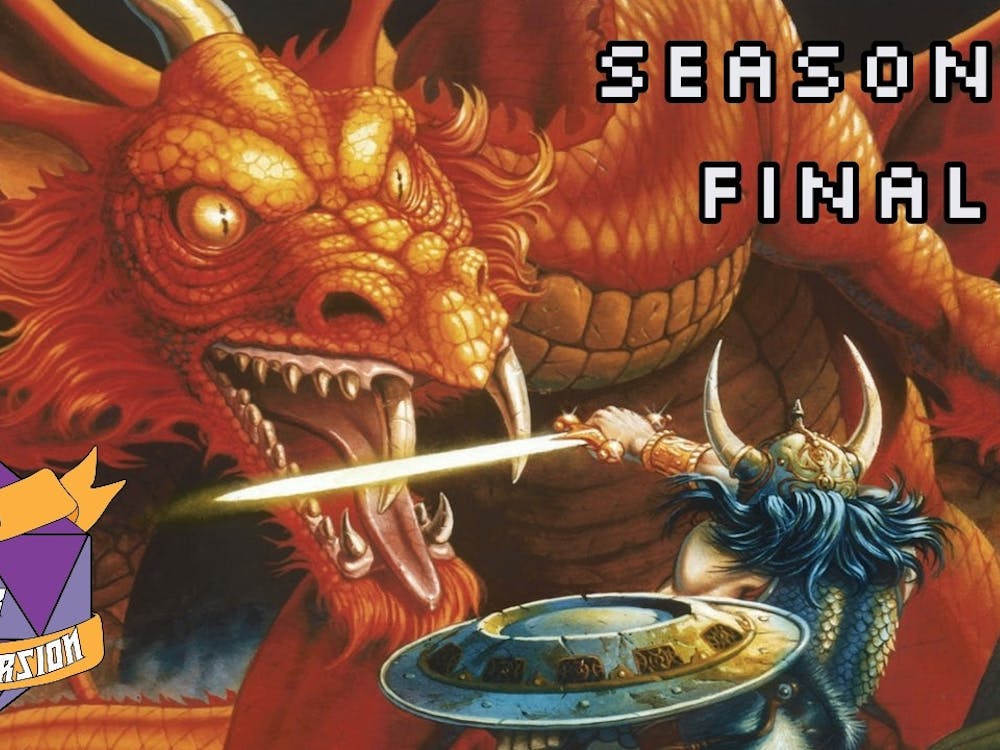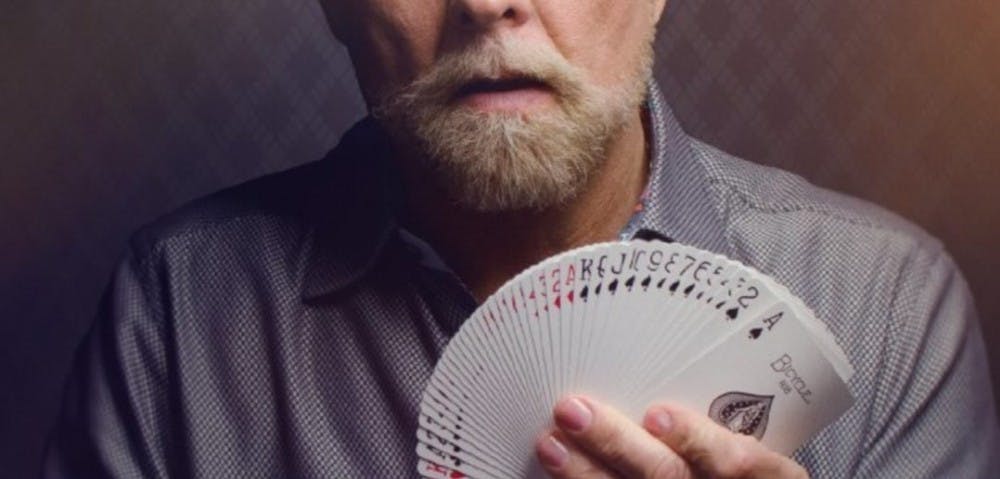Richard Turner is one of the best magicians in the world. Though his preferred term is “card mechanic”, it’s undeniable watching him perform that this man is one of the closest things this world has to a real-life wizard. He has tens of thousands of card decks in his house and practices 16 hours every day, and it shows. It is illogically exhilarating to watch Richard Turner turn out cards as smoothly as he does.
Though he might try to argue, one aspect of Richard’s life that makes his career a touch more spectacular is his complete and total blindness. He began to lose vision while still in school and was legally blind by the time he reached adulthood, but the decay of his vision was a decades-long, painful process. Luke Korem’s new documentary Dealt, a finalist at Heartland Film Festival 2017, is a glimpse into Richard’s still-rising career that shows how it intertwines with his shaky identity as a blind man.
For most of Richard’s life, his blindness has been a point of embarrassment for him. He was labeled as an outcast for it while he was in school, and as he grew older, he looked for ways to prove that it wasn’t a handicap for him. A great example shown in Dealt is his excruciating black belt test in karate. He refused to let anyone tone down the test’s difficulty for him, and he ended up doing the last couple rounds with a broken arm. When he was ultimately successful, it was all over the news the next day, but he never showed anyone the article because it mentioned his blindness in the headline.
Even in regards to his magic, this film shows countless television appearances where host after host brings up his eyesight within the first minute, sometimes in the middle of his routine. In each clip, you can physically see the point where he becomes annoyed and embarrassed. He wants to be recognized as a brilliant card magician and doesn’t want blindness to be a part of his gimmick.
This struggle with identity is juxtaposed nicely with Richard’s sister Lori, who began losing vision around the same time as him. Whereas Richard never learned to read Braille or got a guide dog because he didn’t want to admit to having a disability, Lori proudly claimed her identity as a blind woman early on and found it to be a liberating experience. While watching the film, it’s easy to see both perspectives and it’s difficult to completely pick one side over another.
That said, the real magic of Dealt is in, well, the magic. The film follows Richard and his family (notably his son, who is of course named Asa Spades) traveling to various conventions and performances including one in Sweden, and his routine never gets boring to watch. This movie also describes three separate nominations at the Academy of Magical Arts annual awards, which are a couple of its most stress-inducing moments.
It also helps that this is one of the best-shot documentaries I’ve ever seen. Occasional cutaways to Richard cutting cards and shuffling in slow motion show exactly how machine-like his practice must be. Watching his fingers glide over the top of each card as it flips over is unreasonably satisfying, and it proves exactly how much he cares about making every one of his motions perfect. This film is about someone who can’t see, but if that was supposed to make the visuals less important, no one told Luke Korem that.
Dealt is both incredibly moving and wildly entertaining. No amount of card magic or even movie magic can match up to the effect of Richard Turner’s eccentric personality. At the heart of it, this movie works because it’s about an interesting, hilarious person. He’s easy to get to know, which makes it all the more heartwarming to watch him grow as a magician and as a person.

You can follow this movie on Facebook, Twitter, or its website. It is scheduled to open in select theaters in the United States soon and is now available for pre-order on the iTunes Store.
Featured image from Fandango
For more entertainment related content, visit us at Byte Bsu!



















